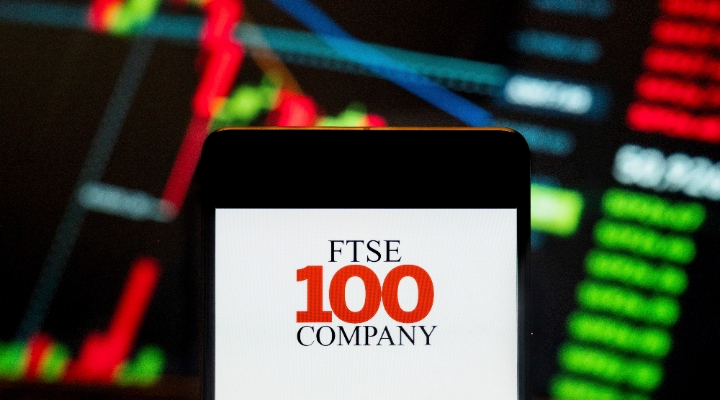See full coverage of the Morningstar Investment Conference here.
Holly Cook: At the Morningstar Investment Conference, I caught up with Holly Mackay, Managing Director of The Platforum, and I asked her if she's noticed whether investor habits have changed since the government’s Retail Distribution Review came into effect at the beginning of this year. Here's what she had to say.
Holly Mackay: Yeah, Holly, I mean, I think it’s early day, so we're only four months in. So I think it's too early to say that the investor habits have changed. What I think has changed though is the platforms they will go to, the advisors who are servicing them, and ultimately the fund managers too. The one area of change we have really noticed is that the banks have pulled out the sort of mass market advisory space, and that's where we're seeing growth actually in the direct platform space. So people that hitherto were advised by the banks are actually going off and doing it themselves. So there has been growth in the direct platforms, but not as some are suggesting at the expense yet--question mark--of IFAs, it's coming from the previously – the bancassurance channel.
Cook: So you mentioned that the actual number of platforms is blossoming. Do you think that that's a good thing, or is there perhaps a risk that those investors who may be unarmed with the right education could find themselves getting rather confused?
Mackay: I think that, I mean, the direct platform market is growing quickly, but it's all changed for them because of the regulatory model. I mean, bang, one day soon they’re going to have to actually say this is what we charge, and customers are going to need some help in navigating their way through that path. We've got some plans in that space. I think ultimately competition is a good thing. I think there is room and requirements is in the advice space for lots of different flavours, if you like, of platforms. I mean, if you are an adviser with discretionary business and you’re trading frequently, you have particular reporting requirements; you’re going to need a platform that looks really different to a smaller restrictive practice, building portfolios of mutual funds with smaller clients. So there is enough diversity, different advisory businesses out there, to mean that I think we can support lots of different types of platforms.
Cook: So what would you say then--a rather big question, but if you can identify some of the keys--what would you say the future looks like for the platform business?
Mackay: Well, I think it's buoyant. I mean, I kind of would say that, I run the Platforum! But I just think they will be ubiquitous. It is an online way of delivering product to customers. I think every retail customer will end up on a platform. Where do I see the most growth in percentage terms over the next five years? It’s actually in the workplace savings platform market, where the impact of auto-enrolment will be felt, and I think it's also in the direct platform market where some of the customers who used to be advised, but not particularly well advised, will migrate and the refugees from the bancassurance market, I think, will see steady growth in the advisory space. One thing we are hearing from advisers is that if they hadn’t used a platform before, the advent of adviser charging is really meaning they need to question that, because it's the most efficient way of managing the collections of the fees from the customers.
Cook: Holly Mackay, thanks very much. It will be interesting to hear how that develops over time.
Mackay: Happy to come back and share that with you later.





























